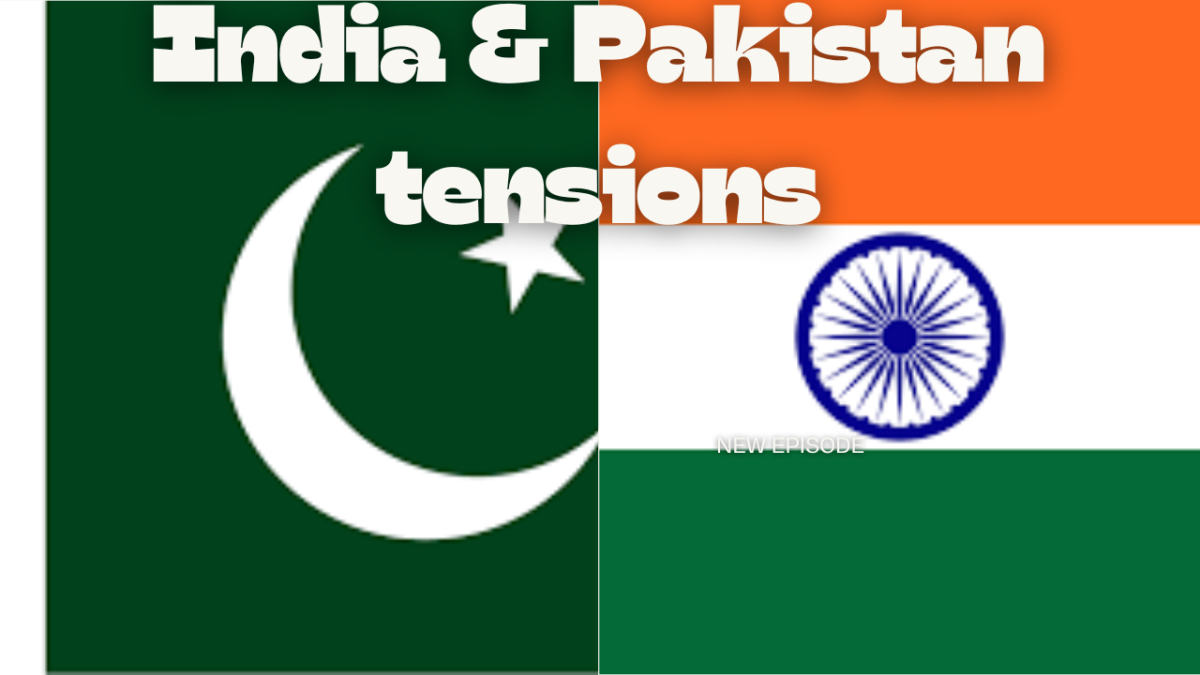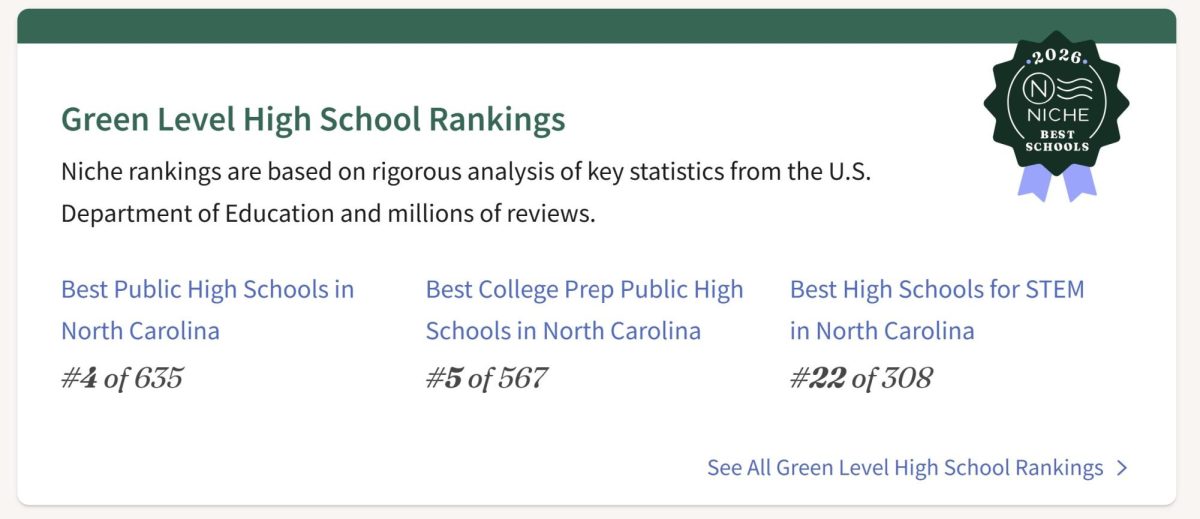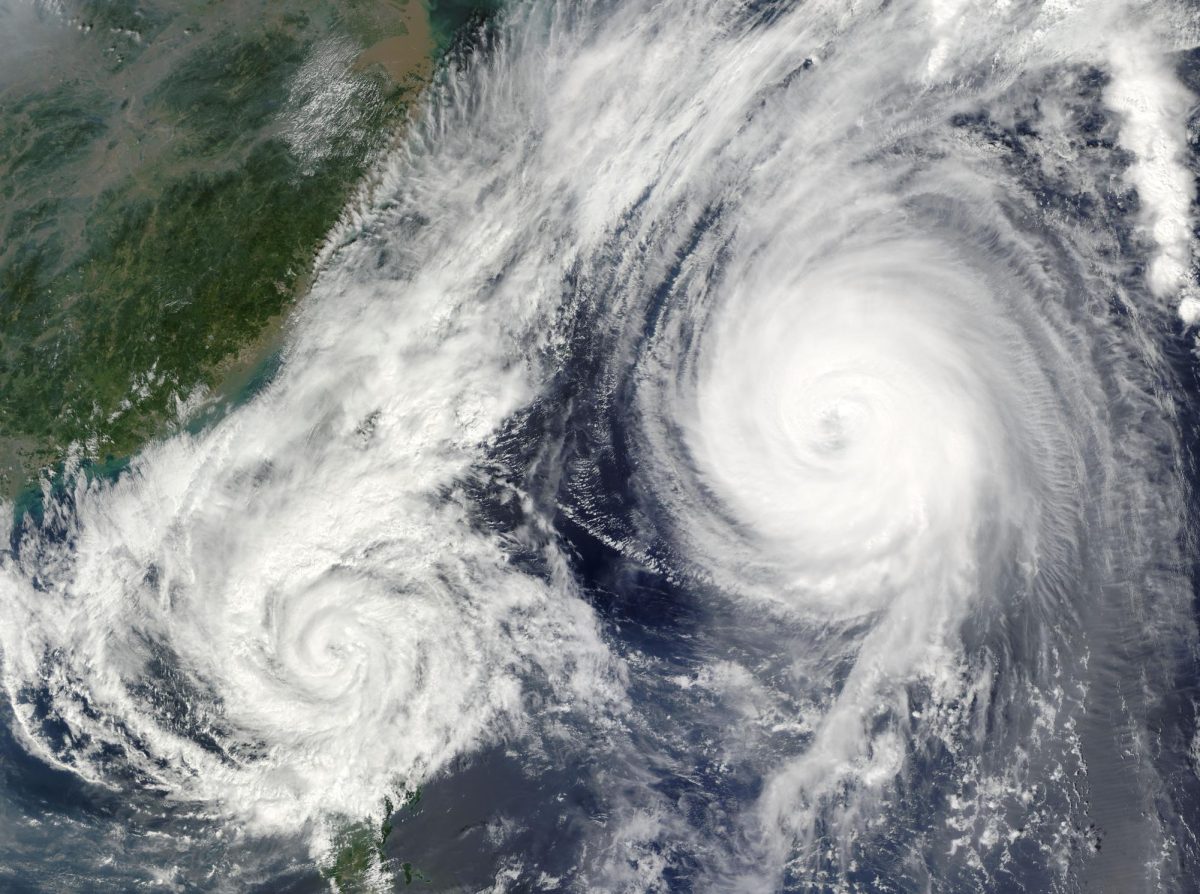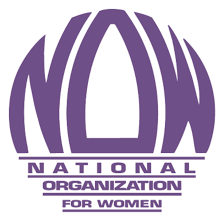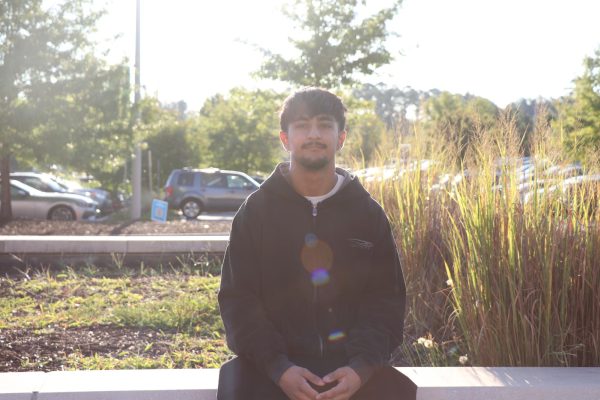On April 22, 2025, a terrorist attack in Pahalgam, a popular resort town in Indian-administered Kashmir, resulted in the deaths of 28 civilians, predominantly Hindu tourists, as well as sparking tensions between two nuclear-armed neighbors. The gunmen are reportedly affiliated with the Resistance Front, a group linked to the Pakistan-based Lashkar-e-Taiba. They targeted individuals based on their religious identity. Survivors recounted that the attackers asked victims to identify their religion before opening fire.
In response to the attack, India accused Pakistan of supporting cross-border terrorism and has expelled Pakistani diplomats, suspended the Indus Waters Treaty, and closed its airspace to Pakistani airlines until May 23. India’s Prime Minister Narendra Modi vowed on Tuesday to dish out a “crushing blow to terrorism” and gave the armed forces operational freedom to decide “how to respond,” his freedom extended to the “mode, targets and timing” of any response. Modi also vowed to pursue the culprits to “the ends of the Earth” and to wreak “unimaginable” punishment.
In turn, Pakistan denied involvement in the attack, warning of potential Indian military action. Pakistani Minister of Information and Broadcasting, Attaullah Tarar, cited “credible intelligence” suggesting an imminent Indian strike within 24 to 36 hours. Pakistan has declared readiness to defend itself, warning that any attack will be “responded to assuredly and decisively,” including the potential use of nuclear weapons if its existence is threatened. Tarar also claimed that India was using last week’s attack as a “false pretext” for hitting Pakistan.
Both countries administer parts of Kashmir, each claiming the entire region. Both countries have also reported cross-border shelling along the Line of Control that separates the 2 parts of Kashmir for the past several days and nights, with both countries exchanging fire.
Junior Nishant Chigurupati has a family that lives in Mumbai. “The tension needs to end. India and Pakistan have been at each other’s throats for too long now. I’m worried about my family and want them to be safe. It needs to end.”
Secretary of State Marco Rubio talked to Pakistani Prime Minister Shehbaz Sharif and Indian External Affairs Minister S. Jaishankar in separate calls on Wednesday, where Rubio condemned and expressed sorrow over the attack and urged both officials to de-escalate tensions, during the call with Jaishankar, Rubio “reaffirmed the United States’ commitment to cooperation with India against terrorism,”. Jaishankar, in an X post about the call, said the attack’s “perpetrators, backers and planners must be brought to justice.” According to Pakistan’s transcript of Rubio’s call with Sharif, the Prime Minister condemned “terrorism in all its forms,” rejected Indian allegations, and urged the U.S. to tell India “to dial down the rhetoric and act responsibly.”
To initiate de-escalation, Pakistan has called for a third-party investigation into the Kashmir attack. “Pakistan is open to participating in any neutral, transparent, and credible investigation,” Prime Minister Shehbaz Sharif said on Saturday.
“Things are looking up, so we cannot afford a distraction,” Rizwan Saeed Sheikh, Pakistan’s ambassador to the United States, said in an interview with The Washington Post. “The only thing we need right now is a peaceful neighborhood.”
This is an ongoing story, as India retaliated against Pakistan on May 6, 2025.

